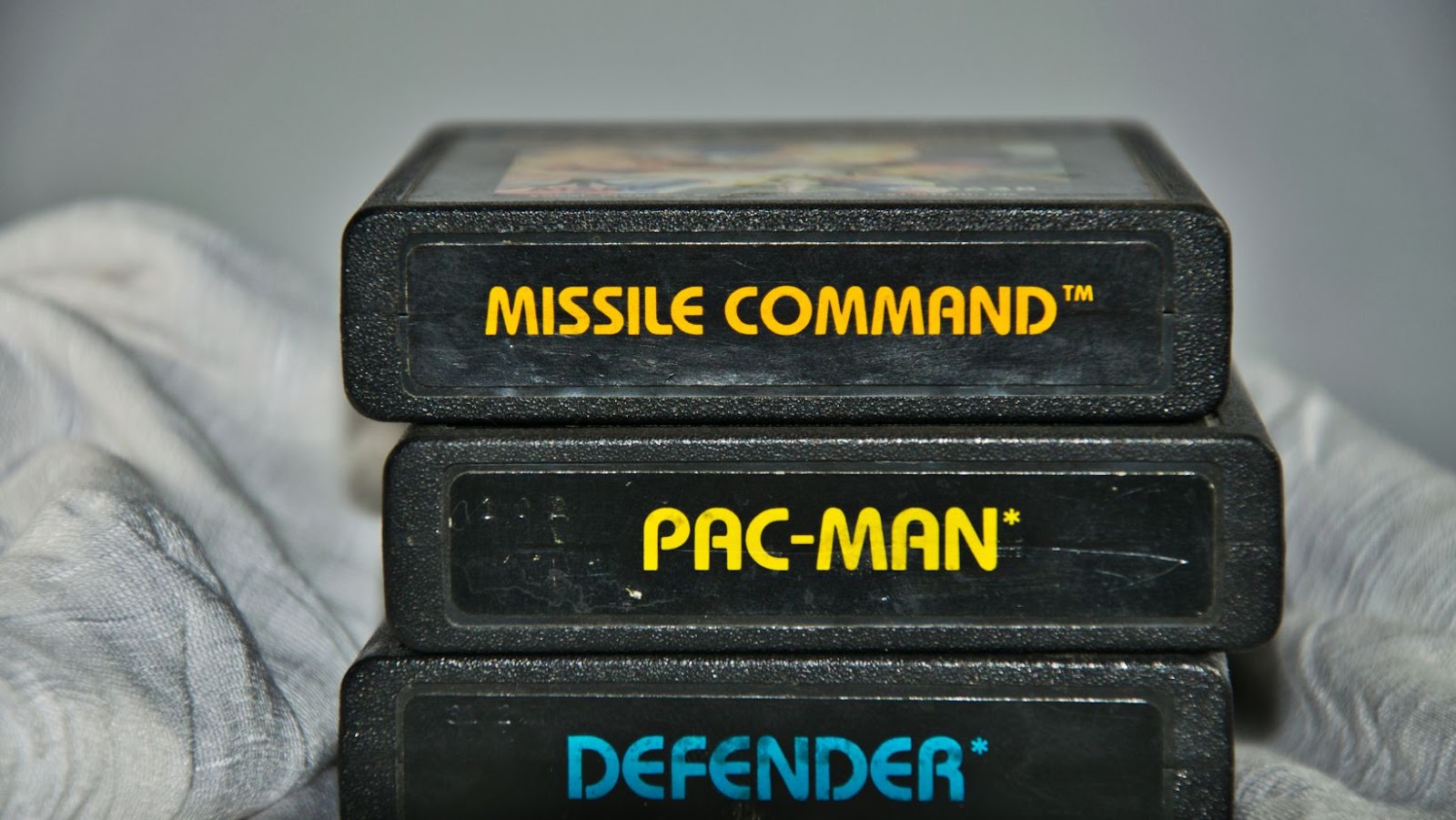 What is a Good Mbps for Gaming
What is a Good Mbps for Gaming
Commonly, Mbps stands for Megabits per Second, which is the standard measure of internet speed or bandwidth. This determines how much data your internet connection can transfer in one second. Generally, a higher number of Mbps translates to faster internet, enabling swift data transfers. For instance, a 100 Mbps connection implies that 100 Megabits of information can be transported from the internet to your device every second.
Considering online gaming, Mbps plays a pivotal role. It impacts the quality of the gaming experience, from more routine tasks like downloading game updates, to critical elements in competitive gaming—like maintaining a lag-free environment. A high-rate Mbps allows for real-time interaction—that’s a must in fast-paced online games. Here’s an example: in a high-stakes battle royale game, having a higher Mbps could mean the difference between a smooth kill shot and a pixelated delay that costs the game. That’s why, understanding the importance of having an optimum Mbps is a paramount necessity for both amateur and professional gamers.
 Essential Factors Affecting Gaming Speed
Essential Factors Affecting Gaming Speed
Beyond Mbps, various factors play an essential role in determining gaming speed. They create a cohesive gaming environment, allowing for seamless interaction in different game modes.
Processor speed significantly impacts gaming speed. Modern games demand robust processor capabilities to execute intricate commands, tasks, and functions. For instance, the Assassin’s Creed Valhalla recommends an Intel Core i7 4770k or AMD Ryzen 5 1600 CPU for stable performance. Faster processors deliver better gaming results, directly affecting the speed of in-game actions and reactions. Remember, an otherwise high Mbps gets curtailed by an underperforming processor. A balance between Mbps and CPU capacity ensures a smoother gaming experience.
Despite boasting a high Mbps, unfair advantage or crippling disruptions may arise without stable internet and network connectivity. Good Mbps for gaming is more efficient through wired connections such as Ethernet cables. Comparably, WiFi networks, while convenient, may experience fluctuations that affect gaming speed. For example, Halo 5: Guardians multiplayer mode requires stable network conditions to avoid lag, regardless of a player’s top-tier Mbps. Frequent disconnections or latency spikes, even in the presence of optimal Mbps, disrupt the gaming experience. Therefore, alongside a robust Mbps, consistent and stable network conditions remain integral for ideal gaming speed.
 Ideal Mbps for Different Types of Games
Ideal Mbps for Different Types of Games
Delving into the specific Mbps requirements for various types of games can provide essential guidelines for gamers. This section aims to shed light on optimal internet speeds for role-playing games, first-person shooter games, and massively multiplayer online games.
In role-playing games like Witcher 3 and Baldur’s Gate 3, uninterrupted internet speed sustains the game’s immersive nature. These games typically have an extensive map and multiple characters, demanding a stable internet connection. A Mbps rate of 25 allows for smoother gameplay, letting gamers explore expansive virtual landscapes without lag. However, when downloading large game updates or expansions, higher Mbps of 50 or more enables a faster download process.
First-person shooter games like Call of Duty Warzone and Apex Legends necessitate quick actions and reaction times. Therefore, a higher Mbps speed is imperative. A speed of 40 or 50 Mbps ensures a lag-free gaming experience, offering real-time responsiveness critical in these combative scenarios. Likewise, during massive game downloads or updates, having an internet speed of around 100 Mbps can significantly shorten the wait time.
Massively multiplayer online games like World of Warcraft and Elder Scrolls Online host numerous players on their servers simultaneously, heightening the need for a robust internet connection. An internet speed of 25 to 30 Mbps often suffices for smooth gameplay. Nevertheless, for downloading large game patches or engaging in large-scale player wars, gamers might benefit from speeds upwards of 75 Mbps. This higher Mbps helps maintain seamless connectivity, integral in these intricate, dynamically changing gaming environments. But it’s not just about having the highest Mbps. The right balance between internet speed, processor power, and network stability is key. While a high Mbps rate enhances tasks like game downloads and real-time interactions, an underperforming processor or unstable connection can still hinder the gaming experience.
Different game types and platforms have unique Mbps requirements, so understanding these can guide gamers towards optimal speeds. Whether it’s RPGs, FPS games, MMOs, console, or PC gaming, a fast and stable connection is essential.